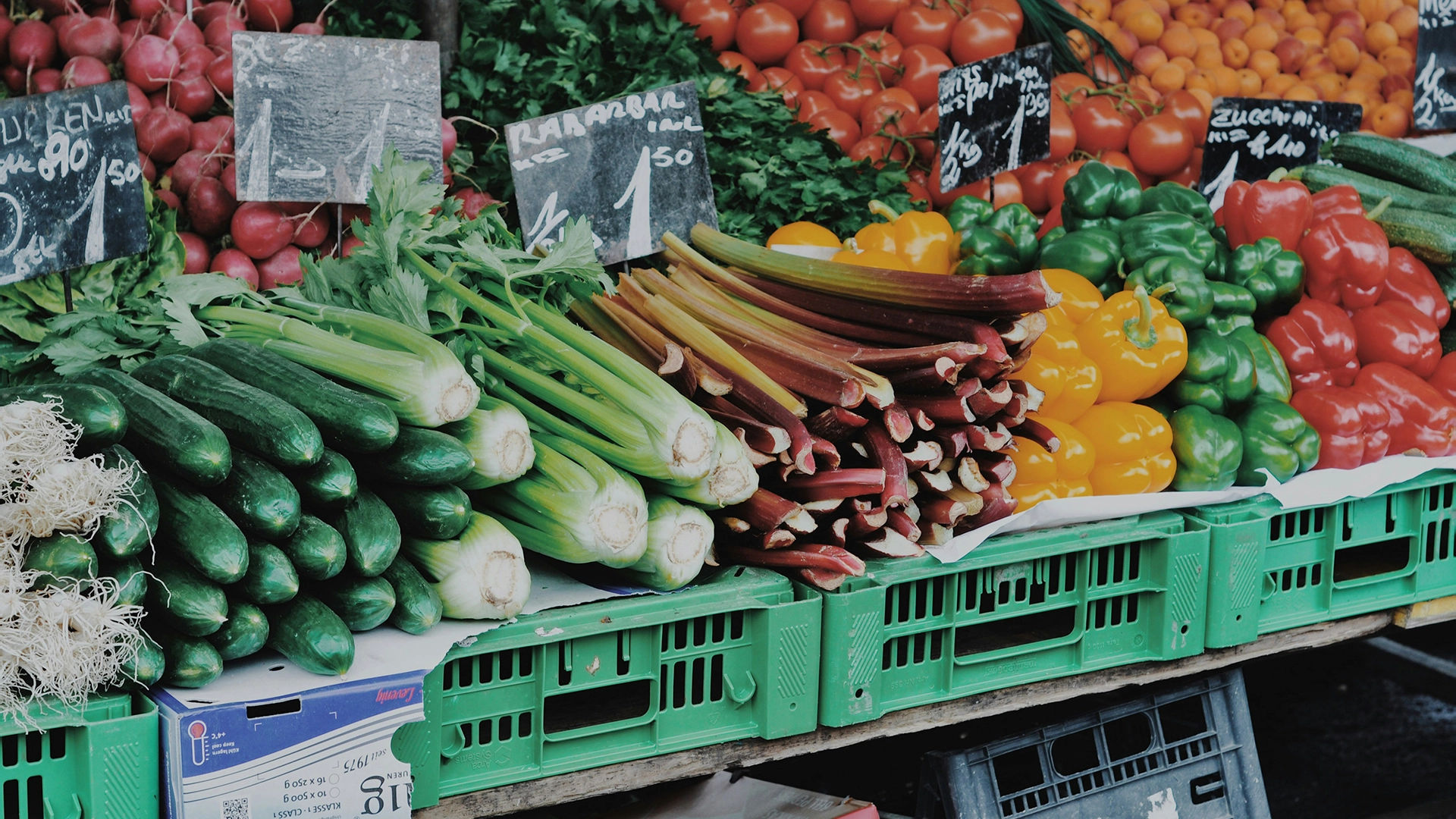
Image by Ashley Winker, from Unsplash
AI Tool Trial Targets UK Food Waste, Millions Of Meals Could Be Saved
Nestlé and UK partners are testing an AI tool that could drastically reduce food waste and save millions of meals nationwide.
In a rush? Here are the quick facts:
- Nestlé trial cut edible food waste by 87% in just two weeks.
- The AI tool may help save 1.5 million meals from going to waste.
- Zest developed the AI to track and manage surplus edible food.
A new artificial intelligence tool being tested by Nestlé and other UK companies could help save the equivalent of 1.5 million meals in food waste.
The Zest food-tech company developed an AI system that detects edible yet unsellable products, including broken KitKat bars and products with short expiry dates, and recommends redistribution solutions. During its two-week trial at a Nestlé factory, the system reduced edible food waste by 87%, as first reported by The Guardian.
Zest co-founder Alina Sartogo explained that these products remain safe for consumption, although they do not generate enough profit for sale.
The Guardian reported that the pilot program run by Nestlé will reduce surplus food waste to 700 tonnes, which will prevent 1,400 tonnes of CO₂ emissions and save operational costs of up to £14 million.
The technology provided by Zest enables businesses to track their waste in real time while providing essential data for better waste management. The food supply chain will gain access to the tool through subscription services starting in March of the following year.
The UK government’s Innovate UK agency supports the trial through its BridgeAI program, which provided a £1.9 million match-funded grant, as noted by The Guardian.
“It’s a solution that aims to transform food sourcing and distribution across the UK, cutting waste, reducing carbon emissions, and lowering costs,” said Esra Kasapoğlu, director of AI and data economy at the agency, as reported by The Guardian.
Each year, around 4.6 million tonnes of edible food—about 10 billion meals—are wasted in the UK, as noted by The Guardian.
Simon Millard, food director at FareShare, said the technology would “make a huge difference” in helping them supply surplus food to over 8,000 UK charities and community groups, as reported by The Guardian.
The current pilot phase unites Nestlé with Bristol Superlight, FuturePlus, Howard Tenens Logistics, Google Cloud, and FareShare under the support of Sustainable Ventures which operates as a climate startup hub.


 Previous Story
Previous Story

 Latest articles
Latest articles 